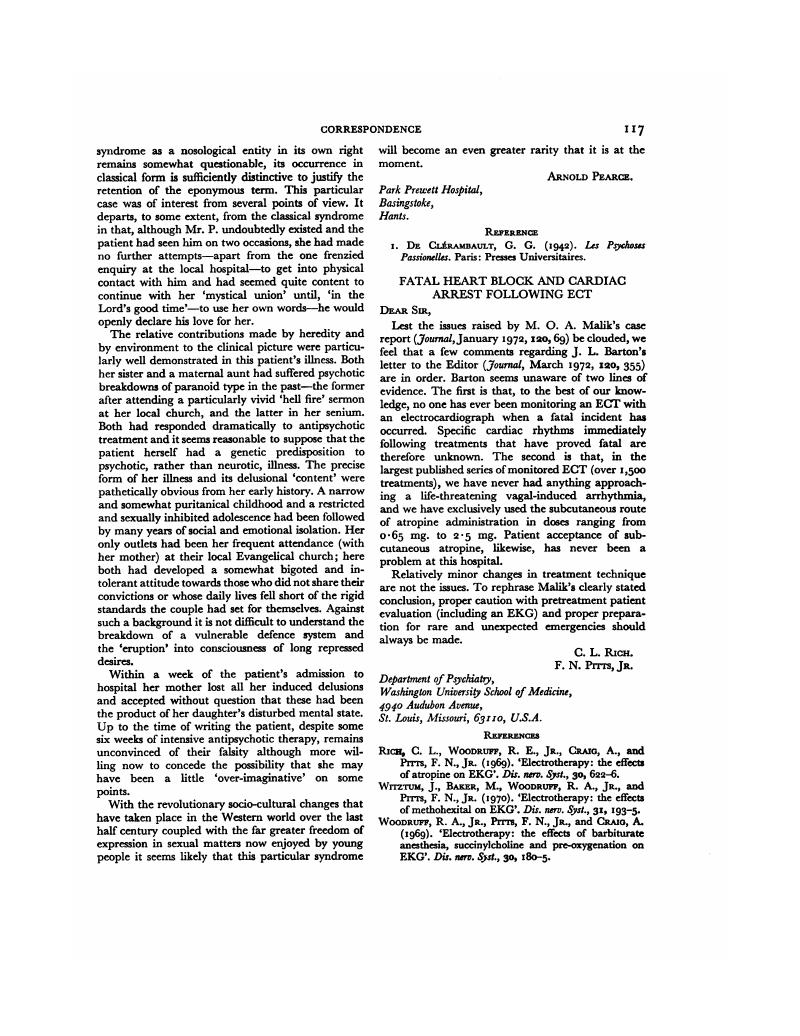Crossref Citations
This article has been cited by the following publications. This list is generated based on data provided by Crossref.
Wyant, Gordon M.
and
MacDonald, W. B.
1980.
The Role of Atropine in Electroconvulsive Therapy.
Anaesthesia and Intensive Care,
Vol. 8,
Issue. 4,
p.
445.




eLetters
No eLetters have been published for this article.